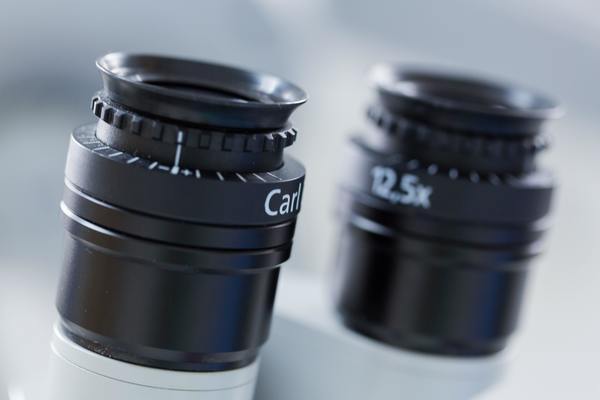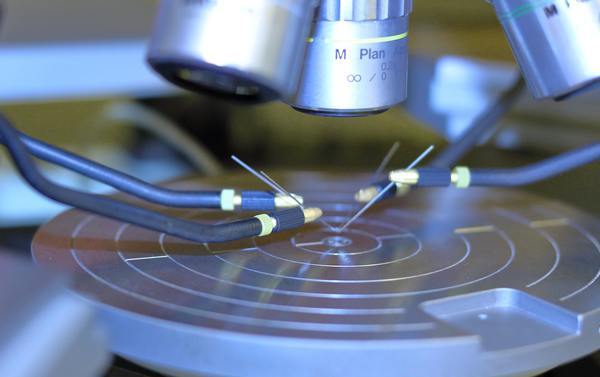
(Ousa Chea/Unsplash)
The other night, just before I was I was about to sleep, I stumbled upon a comment around a piece I put up here the other day in which the person, which a much larger profile than I, said a few things critical about my thinking (yes, around this post), and made a number of presumptions about me in the process.
I’ve been doing this long enough that I’m generally pretty good about managing criticism, but this just felt like a bit of an affront by someone who didn’t know me, and I spent the next hour fixated on trying to emphasize that, in fact, I knew what I was talking about, in a Twitter thread that I thought was pretty good in the end, but came from a not-so-great place.
Impostor syndrome had reared its ugly head, and I didn’t know how to correctly manage it. And by the time it was done, I barely got a few hours of sleep and felt pretty rough the next day.
Did that random guy slighting me deserve 45 minutes of my mental head space? You know what, probably not. But the emotion of the moment makes you do a lot of things you might not expect yourself doing otherwise.

(Brands&People/Unsplash)
This isn’t the only time this has happened. There was an email I got the last week where, a reader, without context or even the courtesy of more detail, said that my design on Tedium was just too much compared to other newsletters and it discouraged him from reading. No constructive criticism, other than basically telling me to turn this design I had spent years perfecting into another Substack. When I sent a reply asking what, specifically, was the issue, they didn’t get back.
I think when the right pins are pricked—particularly, when it’s something you care about—you might find yourself questioning everything. And it can honestly lead you into a mental tailspin with the wrong mixture of time and focus.
I think it’s important to note that criticism often bubbles up because people are looking at things from their perspective, rather than yours. And as a result, they might have thought processes going on that, for example, might lead them to approach things from a different perspective from you.

(L N/Unsplash)
So why dwell on this, and reheat these unpalatable leftovers? I think the reason to do this is as a reminder to myself, in the grand scheme, that there’s going to be moments where you find yourself struggling with feedback or criticism, and to take a step back and put it into its proper place, to understand that the criticism may not be about you, and it also has to be observed at scale.
It’s easy to see one negative comment as the biggest thing in the world when you’re looking at it in a microscope, even though you’re looking at every other piece of feedback with your eyes alone. Perhaps writing that down at a point when I’m calm will help me remember to dial it back when I’m not.
Hopefully, you might get something from that, too.
Time limit given ⏲: 30 minutes
Time left on clock ⏲: 1 minute, 2 seconds



